EBPOM Conference Highlight 2.21 | Lessons on EPOCH in the UK
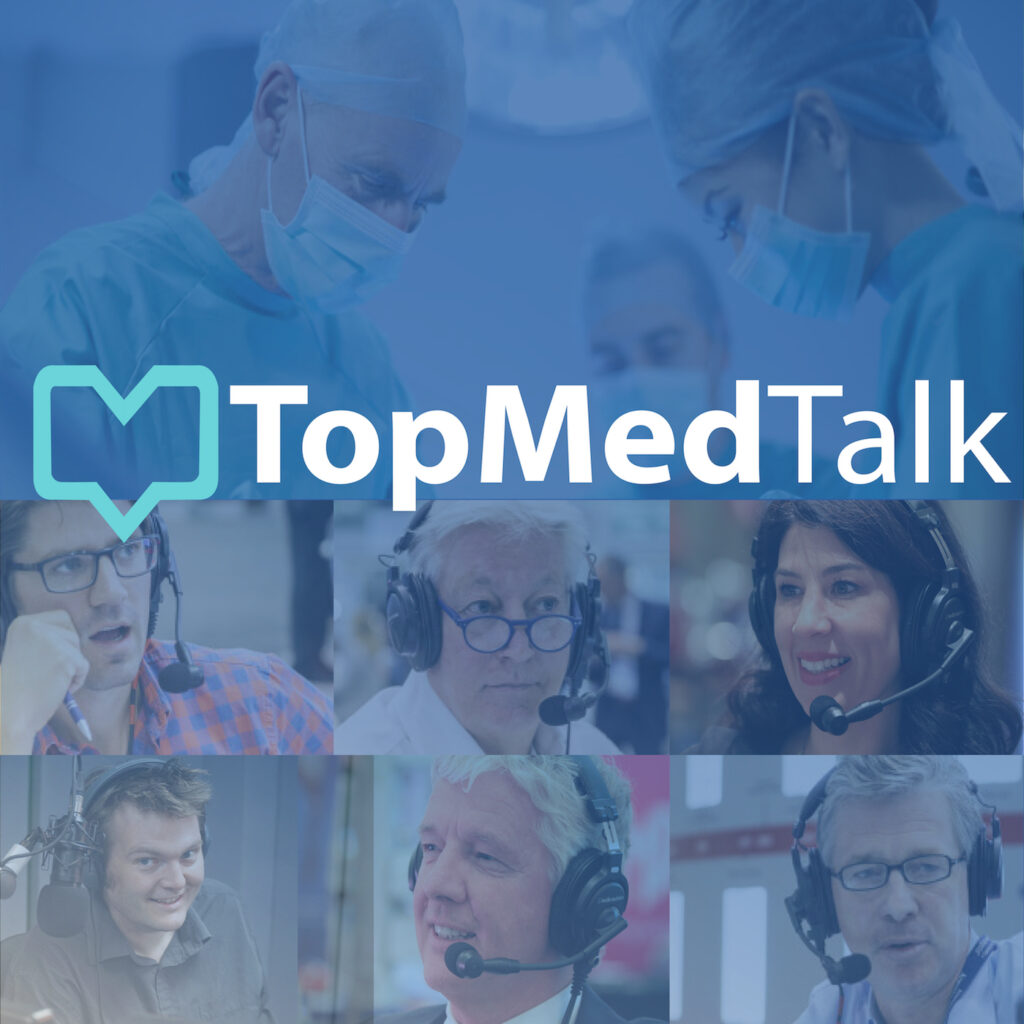
The results of the Enhanced Peri-Operative Care for High-risk patients (EPOCH) trial; where does it put perioperative practice in 2019? What have we learned? Originally streamed live from the Charles Sammons Cancer Center, Dallas, during EBPOM-USA 2019 on www.topmedtalk.com If you’d like to attend an event like this ensure your next click is here: www.ebpom.org/meetings If you have any comments or questions you’d like to send to the team email: contact@topmedtalk.com Presented by Carol Peden, Professor of Anesthesiology and Exec. Director of the Center for Health System Innovation, University of Southern California, University of Bath and the Institute for Healthcare Improvement (IHI).
Desiree’s Roundtable | Carol Peden EPOCH Q&A
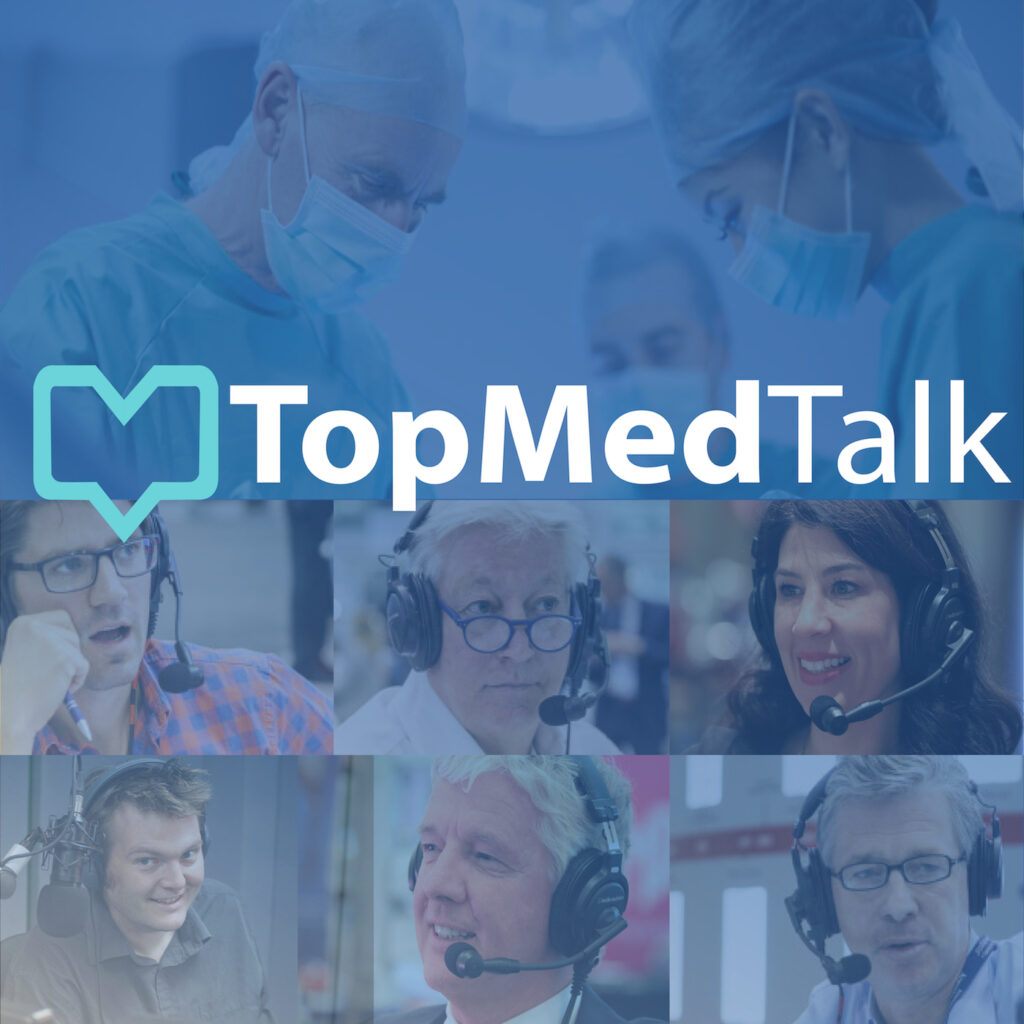
The results of the Enhanced Peri-Operative Care for High-risk patients (EPOCH) trial are a huge talking point in the perioperative sphere; this stand alone piece follows on from “EBPOM Conference Highlight | Lessons on EPOCH in the UK”. To hear that click here: https://www.topmedtalk.com/ebpom-conference-highlight-1-21-lessons-on-epoch-in-the-uk/ Originally streamed live from the Charles Sammons Cancer Center, Dallas, during EBPOM-USA 2019 on www.topmedtalk.com If you’d like to attend an event like this ensure your next click is here: www.ebpom.org/meetings If you have any comments or questions you’d like to send to the team email: contact@topmedtalk.com Presented by Monty Mythen with Desiree Chappell and Carol Peden, Professor of Anesthesiology and Exec. Director of the Center for Health System Innovation, University of Southern California, University of Bath and the Institute for Healthcare Improvement (IHI). Additional contributions from Sol Aronson, tenured professor at Duke University and Executive Vice Chairman in the Department of Anesthesiology as well as TopMedTalk listeners and conference delegates.
Can medicine be cured? | Dingle Highlight

Warning; this piece may make for uncomfortable listening. It is a fascinating look at the recent history of medicine and how our profession may in fact be sick. Contained within the story is a message of hope; evidence may contain the cure. In our recent history we seem to have enjoyed something of a “Golden Age” of medicine which, by raising quality of life so dramatically, has transformed our understanding of concepts such as “public health” and even “standard of living”. However, running alongside that is an industry and society that is primarily interested in business and profit above evidence and health. Has the industry which built up around our profession during the ‘Golden Age’ now become a parasite which weakens its host to the point of near exhaustion? After a concise critique of the current culture of research this talk asks why we are wasting time on research that is not reliable, not useful and does not impact care. Could it be that market forces have strangely made us less efficient? Evidence based medicine is the way forward but can we overcome the inherent bias behind the fact that often big business funds the evidence gathering and its publication? Some assumed the period of rapid development, which included discovering the DNA helix, successful organ transplant and vaccinations, would soon inevitably be followed by equally epoch transforming breakthroughs, others are less optimistic. Are genomics and big data more often ‘science’ than medicine? Is “digital health” “simply one part of what has now been called surveillance capitalism”? This challenging but ultimately hopeful and inspirational talk was given at the EBPOM Dingle conference 2019, please share it to as wide an audience of your peers as you can to help make this important and healing conversation happen. Presented by Seamus O’Mahony, Consultant Gastroenterologist at Cork University Hospital, associate editor for medical humanities of the Journal of the Royal College of Physicians of Edinburgh and is a regular contributor to the Dublin Review of Books.
Periop Medicine SIG | Armed with data to improve perioperative outcomes
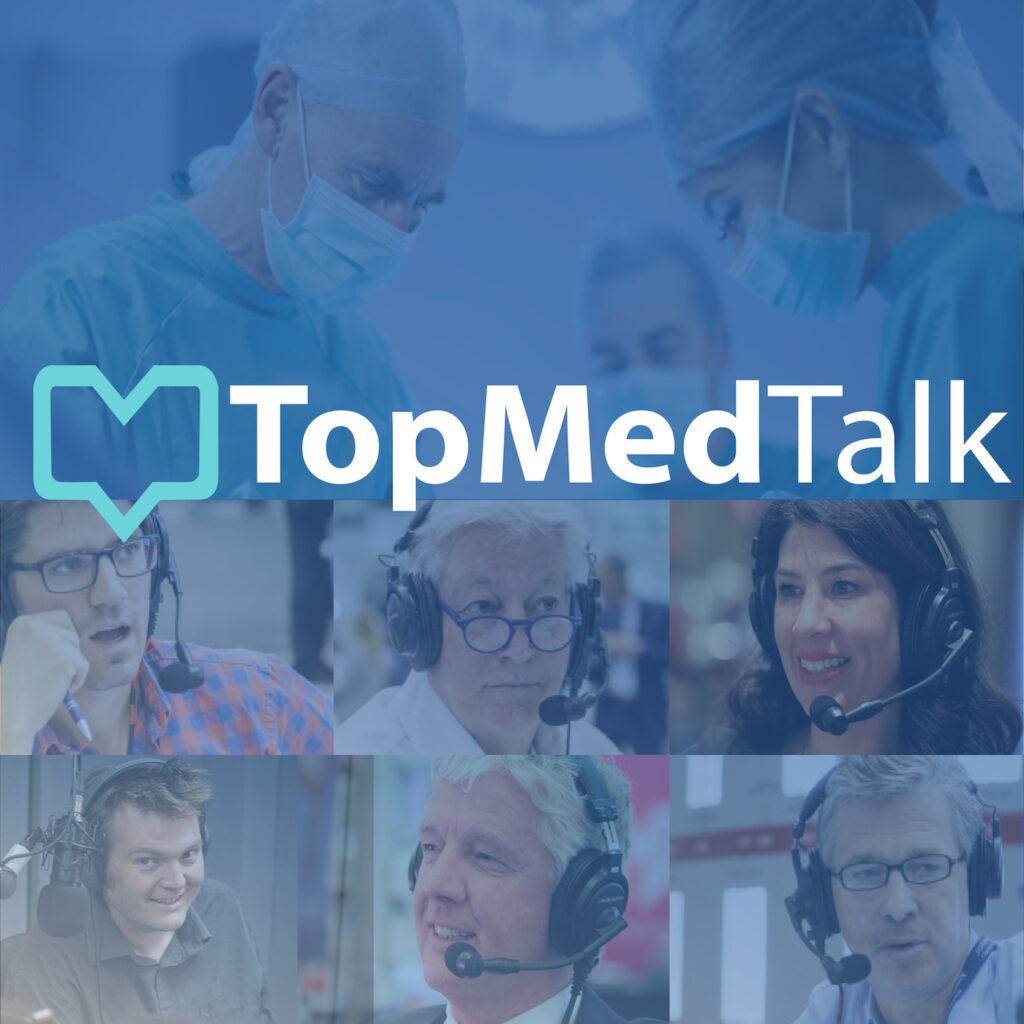
This piece is about the application of data, how do we use it and when should we gather it? How important is it to “just get started and find out what the problem is”? Further reading is available here: https://bjanaesthesia.org/article/S0007-0912(17)33828-X/fulltext If you’re interested in hearing more about the Enhanced Peri-Operative Care for High-risk patients (EPOCH) trial go here: https://www.topmedtalk.com/desirees-roundtable-carol-peden-epoch-qa/ Presented by Professor Carol Peden, Executive Director of the Center for Heath System Innovation and Professor of Anesthesiology at the Keck School of Medicine of the University of Southern California, Fellow of the Institute for Healthcare Improvement (IHI).
DINGLE 2019 | Can medicine be cured?

Warning; this piece may make for uncomfortable listening. It is a fascinating look at the recent history of medicine and how our profession may in fact be sick. Contained within the story is a message of hope, evidence alongside a message that may contain the cure. In our recent history we seem to have enjoyed something of a “Golden Age” of medicine which, by raising quality of life so dramatically, has transformed our understanding of concepts such as “public health” and even “standard of living”. However, running alongside that is an industry and society that is primarily interested in business and profit above evidence and health. Has the industry which built up around our profession during the ‘Golden Age’ now become a parasite which weakens its host to the point of near exhaustion? After a concise critique of the current culture of research this talk asks why we are wasting time on research that is not reliable, not useful and does not impact care. Could it be that market forces have strangely made us less efficient? Evidence based medicine is the way forward but can we overcome the inherent bias behind the fact that often big business funds the evidence gathering and its publication? Some assumed the period of rapid development, which included discovering the DNA helix, successful organ transplant and vaccinations, would soon inevitably be followed by equally epoch transforming breakthroughs, others are less optimistic. Are genomics and big data more often ‘science’ than medicine? Is “digital health” “simply one part of what has now been called surveillance capitalism”? This challenging but ultimately hopeful and inspirational talk was given at the EBPOM Dingle conference last year, please share it to as wide an audience of your peers as you can to help make this important and healing conversation happen. Presented by Seamus O’Mahony, Consultant Gastroenterologist at Cork University Hospital, associate editor for medical humanities of the Journal of the Royal College of Physicians of Edinburgh and is a regular contributor to the Dublin Review of Books.
Anaesthesia 2019 | Tim Cook and Paul Wischmeyer
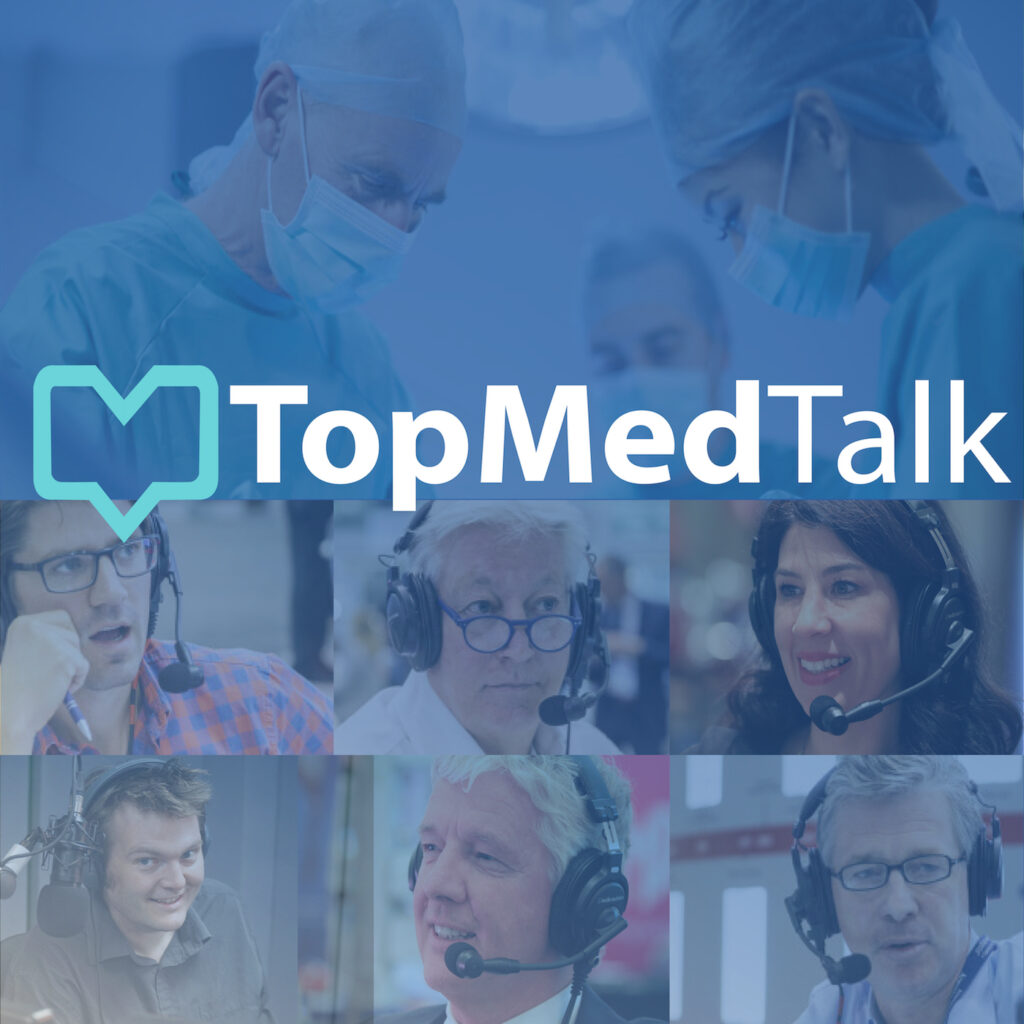
The Royal College of Anaesthetist’s National Audit Projects (NAP) are frequently fascinating and always important, here we get a look at NAP7, which will examine Perioperative Cardiac Arrest. The conversation also explores the Sprint National Anaesthesia Projects (SNAP) organised by the National Institute of Academic Anaesthesia. There’s also discussion regarding muscle quality, malnourishment and ultrasound. The conversation progresses to Quality Improvement and the latest evidence there. This includes discussion of The National Emergency Laparotomy Audit (NELA). Their website is here: https://www.nela.org.uk/ Find out more about Emergency Laparotomy Quality Improvement Care Bundle – ELPQuiC – here: https://www.ncbi.nlm.nih.gov/pubmed/25384994 Find out more about the Emergency Laparotomy Collaborative here: https://wessexahsn.org.uk/projects/95/emergency-laparotomy-collaborative If you’re looking for the hugely popular debate regarding direct laryngoscopy we mention in the podcast go here: https://www.topmedtalk.com/sunday-special-should-direct-laryngoscopy-be-consigned-to-the-history-books/ Finally Carol Peden gets mentioned frequently in this talk, she appears on TopMedTalk here: https://www.topmedtalk.com/desirees-roundtable-carol-peden-epoch-qa-2/ Live from Anaesthesia 2019, on day two of the conference; a ‘must-attend event’ for the specialty where world-renowned experts present the latest advances in perioperative medicine, critical care and pain medicine. Presented by Monty Mythen with Tim Cook, Consultant in Anaesthesia and ICM, Royal United Hospitals, Bath and Paul Wischmeyer, Professor of the Department of Anesthesiology, Duke University.
Periop Medicine SIG 18 | Emergency surgery – panel discussion
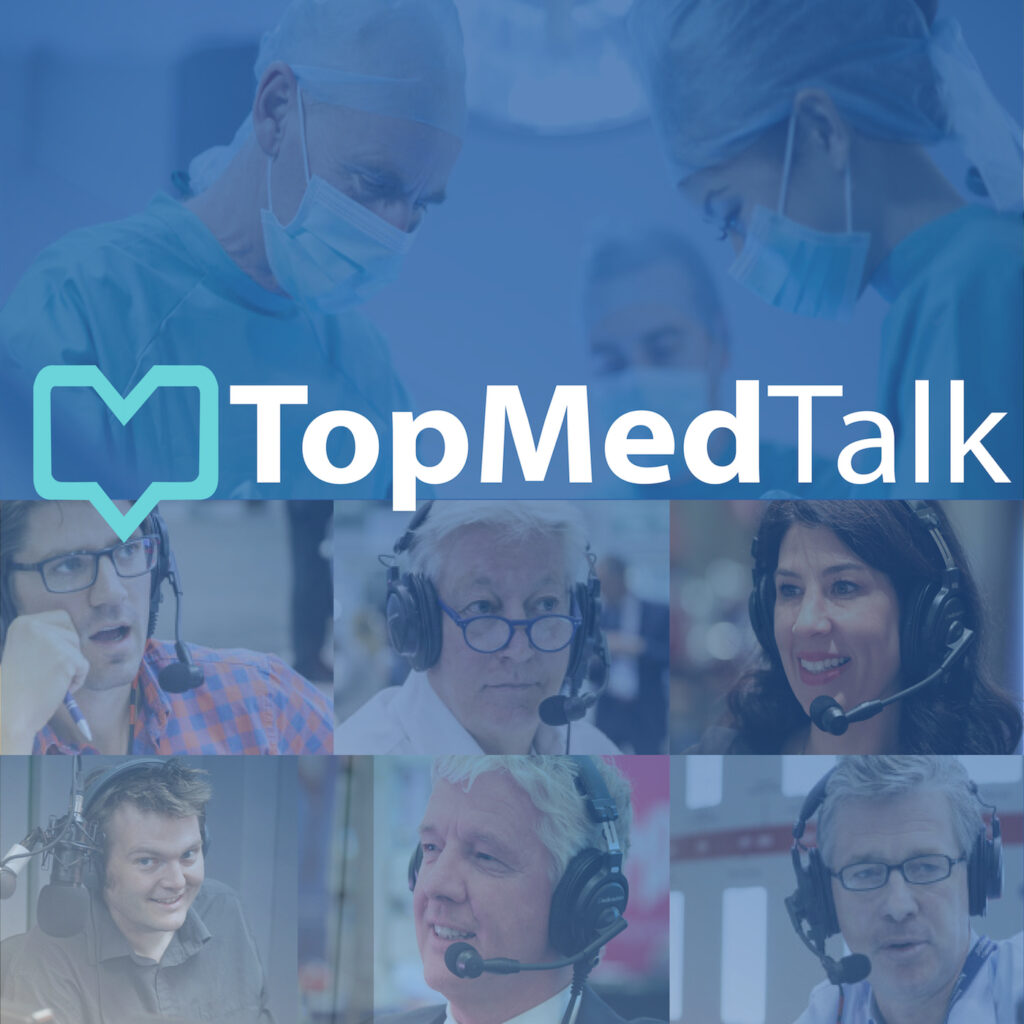
This is the panel discussion which tackles emergency surgery. Discussion begins with more detail regarding the Enhanced Peri-Operative Care for High-risk patients (EPOCH) trial. Featuring, Professor Carol Peden, Executive Director of the Center for Heath System Innovation and Professor of Anesthesiology at the Keck School of Medicine of the University of Southern California, Fellow of the Institute for Healthcare Improvement (IHI), Ben Griffiths, consultant anesthetist at Auckland City Hospital, anaesthetic lead for ANZELA-QI and Michael Cox, Professor of Surgery, Nepean Hospital.
